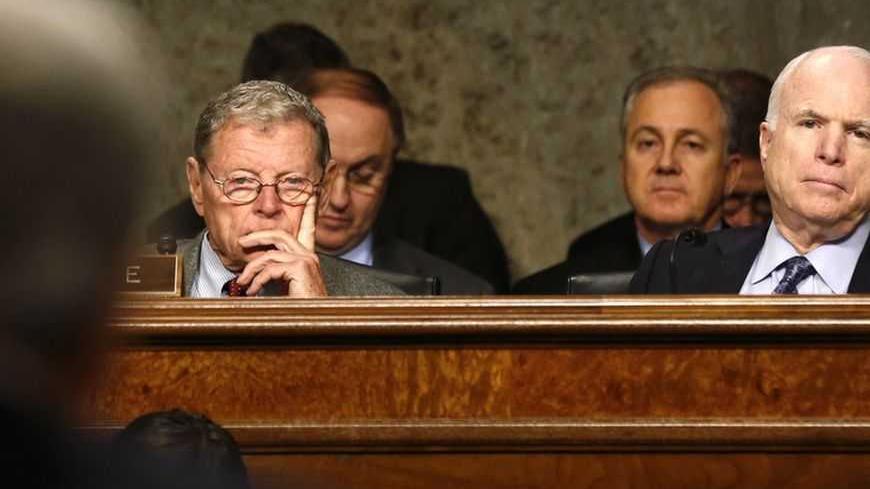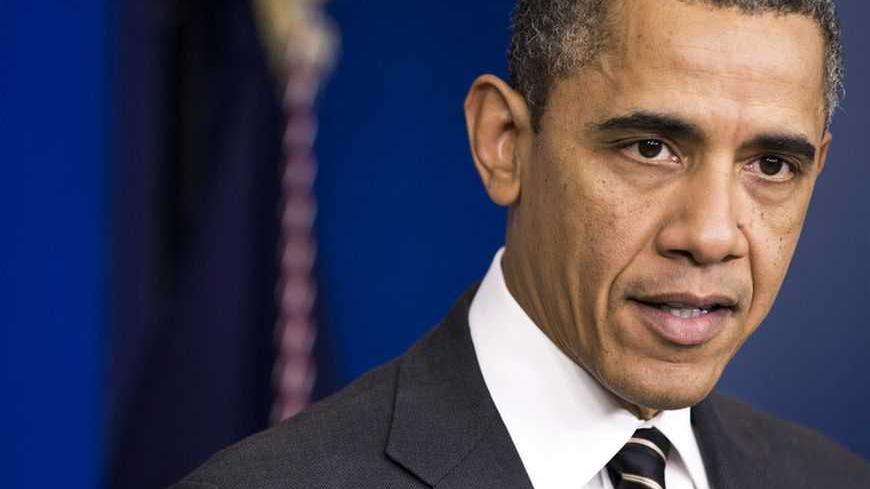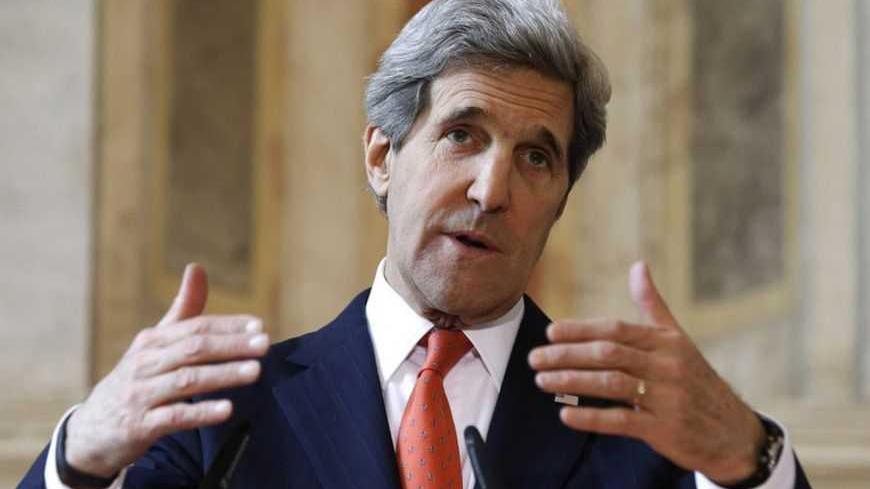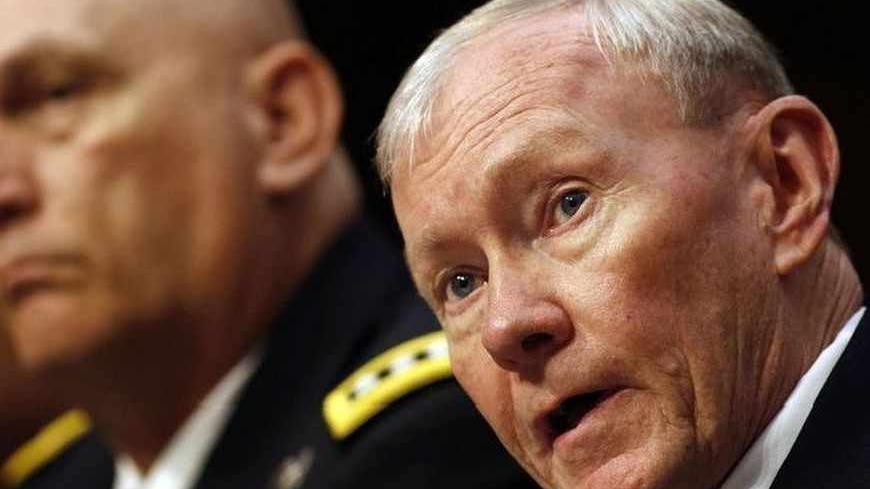The Iraq War Is Not Over
Geoffrey Aronson writes that while the Iraq War may have ended for Americans, sectarian regional wars are being fought there and in Syria.

The Obama administration, together with the American public at large, would like to think that the United States has closed the door on its bloody adventure in Iraq. The March 19 statement marking the 10-year anniversary of the U.S. invasion by Defense Secretary Chuck Hagel, that “the war has been brought to an end,” reflects this myopic, if widely held, view.
Hagel’s modest and subdued remembrance at the Pentagon offered a marked contrast to the sickening “bring it on” bravado that characterized the Bush administration's destruction of the country.






